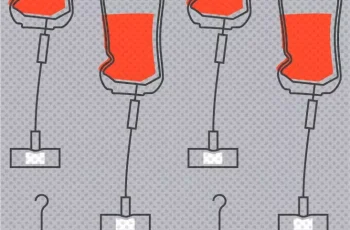ADHD is linked to heightened justice sensitivity—how deeply one feels affected by perceived injustices—split into victim sensitivity (feeling victimized) and perpetrator sensitivity (guilt over harming others). Studies, like a 2012 pilot and a 2014 German study of 1,200 teens, show ADHD individuals have strong victim sensitivity but less concern for causing injustice. This suggests a unique psychological profile, often tied to a sense of victimhood from social struggles.

Theories point to rejection sensitivity—fear of peer rejection—amplifying victim feelings, fueled by stigma framing ADHD behaviors as careless. This may heighten injustice awareness. Another view sees it as a coping mechanism, helping navigate social norms. Anecdotally, ADHD individuals report frustration with arbitrary rules, experiencing rage, sadness, or guilt over injustices.
Outcomes vary: some channel sensitivity into empathy or advocacy, while others face anxiety, as a 2020 study linked it to social anxiety. Recognizing this trait’s complexity is key for ADHD individuals and their support systems. Healthy coping can turn it from distress into a strength, like compassion or activism. More research could refine support, deepening insight into ADHD experiences.




